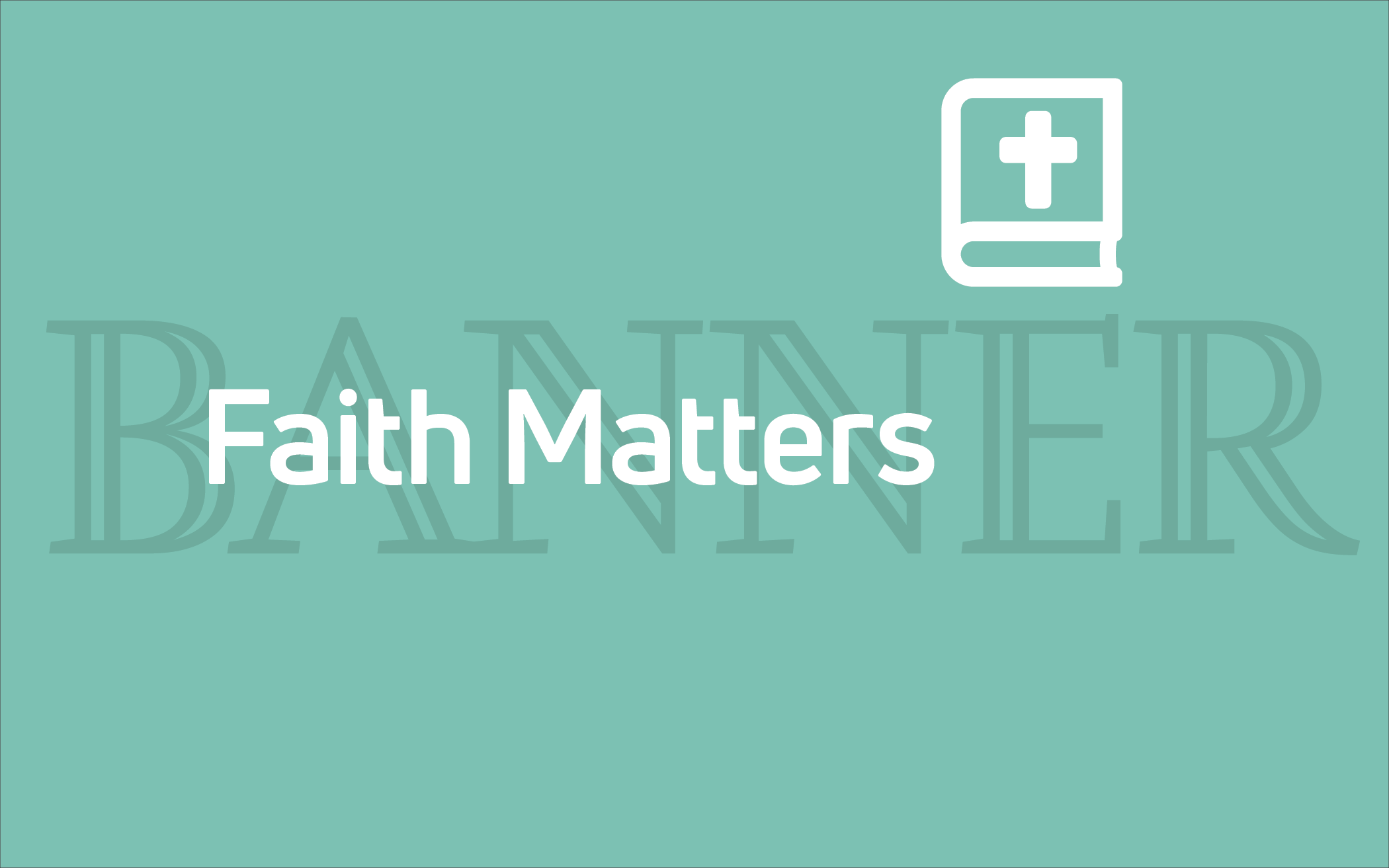My title betrays a typically North American way of thinking and talking. We want to know how something works. We want to analyze and explain the components, finger the nuts and bolts. I’m afraid there is no analytical, rational way of explaining exactly what happens at communion , the Lord’s Supper.
Speaking of the mystery of Christ’s presence in the sacrament, John Calvin says, “Now if anyone should ask me how this takes place, I shall not be ashamed to confess that it is a secret too lofty for either the mind to comprehend or my words to declare. . . . I rather experience it than understand it” ( Institutes 4.17.32).
But there’s one thing I know for sure: When we receive the bread and cup in faith, we receive Christ. Calvin and all our Reformed confessions affirm it, though they never succeed in explaining it.
I’m always surprised to discover how many of my fellow CRC members haven’t really grasped that wonderful truth.
It’s a long story, but soon after the Reformation, another way of understanding the Lord’s Supper crept in through the teachings of one of Calvin’s colleagues, Ulrich Zwingli. Zwingli taught that nothing physical could convey spiritual reality, so bread and wine can’t bring us Christ’s presence. For him, the sacrament only pointed the believer to Christ, reminding him or her of Christ’s redeeming work and calling forth faith in him.
I find that this view, which is predominant among evangelicals, also prevails among many who otherwise think of themselves as Reformed.
While the Reformed confessions affirm that Christ is really present in the bread and cup, they do not mean that Christ is physically present. That belief, found in Roman Catholic and some Anglican churches, explains why priests make sure not to drop any crumbs of Christ’s body and wipe clean the chalice that contained Christ’s blood.
Calvin’s most important contribution to understanding the Lord’s Supper was his proclamation that the real presence of Christ came through the Holy Spirit. “Through the sacrament we have access to all the blessings of our union with Christ because by the Spirit we are lifted up and brought into his presence .”
This “spiritual” presence is, however, nothing less than a “real” presence. Following Calvin, the Heidelberg Catechism grounds the sacrament in the senses. “[As] surely as I receive from the hand of him who serves, and taste with my mouth the bread and cup of the Lord, given to me as sure signs of Christ’s body and blood, so surely he nourishes and refreshes my soul for eternal life with his crucified body and poured-out blood” (Q&A 75).
The simple and wonderful truth is this: When we receive the bread and cup of Holy Communion, Christ pledges that we are receiving him and all the blessings of his cross and resurrection. We are truly eating and drinking salvation, forgiveness, and new life in Christ.
Don’t we already have all this by faith in the words of the gospel?
Yes, but we need more than words. To echo the pop star Madonna, we are material beings in a material world. Graciously God stoops to us, as to children, communicating his grace and salvation through the material stuff of bread and wine. Remember God often joined sacramental signs to covenantal words—the rainbow of the covenant with Noah, and the circumcision of the covenant with Abraham.
I believe that the more we understand this Reformed truth, the more often we will want to receive the sacrament alongside the Word, as a pledge and assurance to frail human souls. Calvin was convinced we should celebrate the Lord’s Supper every week.
For Discussion
- Describe your understanding of the Lord’s Supper. Is it similar to Calvin’s or Zwingli’s? How and when did you form your opinion?
- How do you feel when Len Vander Zee says, “There is no analytical, rational way of explaining exactly what happens at the Lord’s Supper”? Why?
- Len goes on to say that the real presence of Christ comes through the Holy Spirit. Does this invite hope or anxiety? Why?
- “We are truly eating and drinking salvation, forgiveness, and new life in Christ.” What light does this shed on your experience of the sacrament?
- Len reminds us that we need more than words because we are material beings in a material world. What kind of understanding of our humanity do we need to celebrate this sacrament well?
- How might we be more Calvinist and less Zwinglian in our celebration of the Lord's Supper?"
About the Author
Len Vander Zee is a retired CRC pastor now serving as interim minister of preaching at Church of the Servant CRC in Grand Rapids, Mich.







